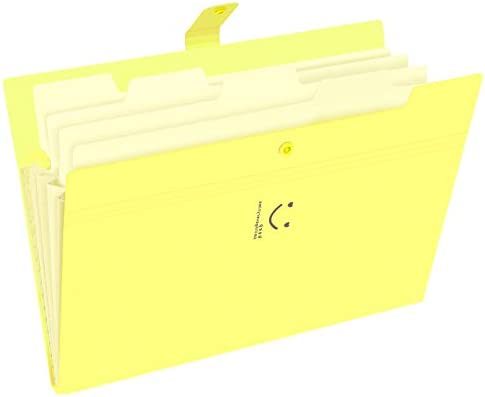
These two sizes may be different from each other if a file is sparse, i.e. the number of bytes actually used for storing the file on disk.

the number of bytes that a program reading the file from start to finish would read, or the disk usage ("physical") size, i.e.

You also have to decide whether you want to count the apparent ("logical") size, i.e.

With standard du, multiple hard links would be counted separately only if encountered in separate du runs. If your subdirectories of your home directory contains hard links (files that have multiple names in the file hierarchy), and you want to count these once per name, you can do this with the -l ("ell", not "one") option to GNU du. You can do this in a few different ways, depending on how you want to count the sizes. remove the need to run du manually on each individual directory and to compare the sizes. What you can do quicker is to eliminate the manual labor, i.e. > /MIR :: Mirror a complete directory tree.If running du on a particular directory takes 20 seconds, then that is what it will take to run du on that directory. > destination :: Destination Dir (drive:\path or > source :: Source Directory (drive:\path or > Simple Usage :: ROBOCOPY source destination /MIR > ERROR : No Destination Directory Specified. > ROBOCOPY :: Robust File Copy for Windows > of helpful posts using the following syntax at a command prompt (run > I'm trying to get robocopy to list files over 32 mb as per a number If you need command line I can't think of any standard way to do it. Note that the Windows GUI "Search" utility has the ability to filter based on size. **** /MIR can DELETE files as well as copy them ! Why is a destination needed when all I am doing is trying to list files? Thanks AC MIR :: Mirror a complete directory tree.įor more usage information run ROBOCOPY /? Source :: Source Directory (drive:\path or \\server\share\path).ĭestination :: Destination Dir (drive:\path or \\server\share\path). Simple Usage :: ROBOCOPY source destination /MIR I'm trying to get robocopy to list files over 32 mb as per a number of helpful posts using the following syntax at a command prompt (run as administrator).


 0 kommentar(er)
0 kommentar(er)
